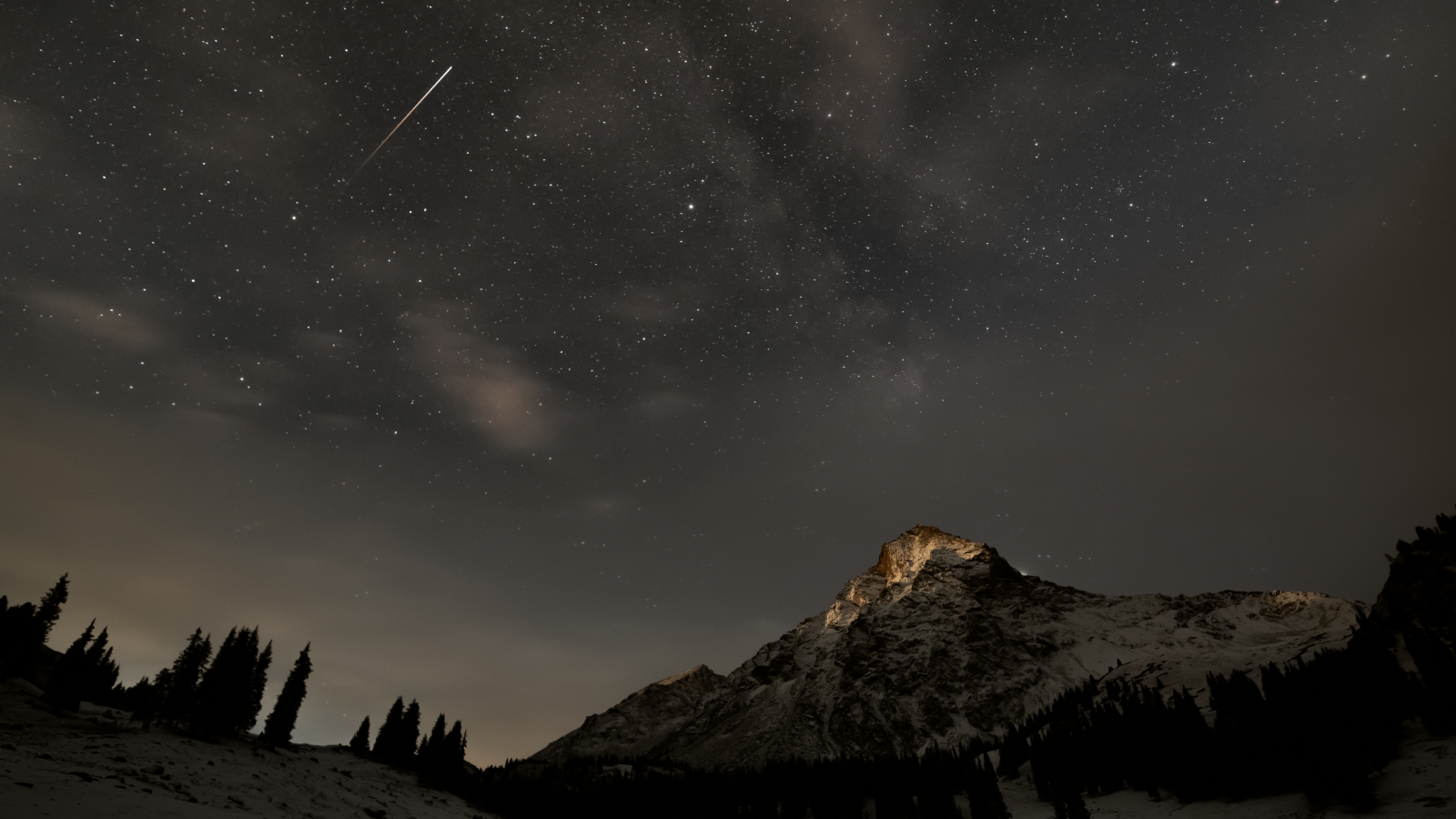Study: It Rains Less on Weekends

Weekdays bring heavier downpours than weekends, suggests new research.
Summertime storms in the southeastern United States shed more rainfall midweek than on weekends, the study found. The cause could be the air pollution created by the daily grind—traffic and business operations.
The study was carried out by atmospheric scientist Thomas Bell of NASA's Goddard Space Flight Center in Greenbelt, Md., and his colleagues. They looked at data collected by NASA's Tropical Rainfall Measuring Mission satellite from 1998 to 2005. This method has advantages over rain data collected with ground-based gauges that can vary from one gauge site to the next. They found it rains on average more between Tuesday and Thursday than from Saturday through Monday. The clearest day of the week was Saturday, with nearly twice the rainfall on the wettest day, Tuesday afternoon.
They compared the rainfall trend with corresponding air-pollution records from the U.S. Environmental Protection Agency. They specifically analyzed particulate matter, or the airborne particles associated with pollution, finding that between 1998 and 2005 air pollution tended to peak midweek as well.
"If two things happen at the same time, it doesn't mean one caused the other," Bell said. "But it's well known that particulate matter has the potential to affect how clouds behave, and this kind of evidence makes the argument stronger for a link between pollution and heavier rainfall."
Called "seeding," particles help clouds to grow. As water and ice cling to the particles, additional water droplets form. Some researchers think increased pollution thwarts rainfall by dispersing the same amount of water over more seeds, preventing them from growing large enough to fall as rain.
Still, other studies suggest some factors can override this scattering effect. In the Southeast, summertime conditions for storms are already in place, overriding the buffering effect from scattering.
Get the world’s most fascinating discoveries delivered straight to your inbox.
The results, published in the Jan. 31 issue of the Journal of Geophysical Research-Atmospheres, bring new insights into pollution's effect on weather, which one day could help improve the accuracy of rainfall forecasts, Bell said.



